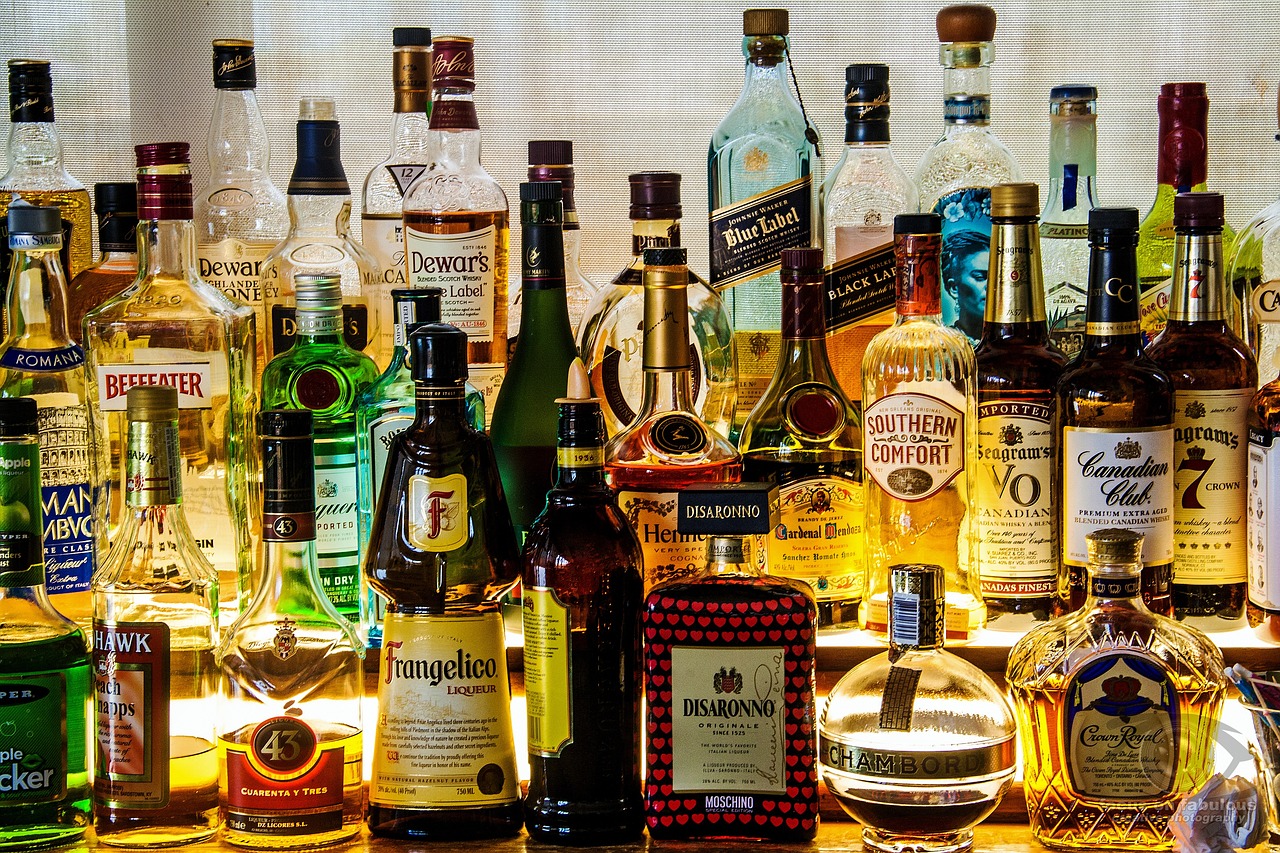The world of spirits is vast and varied, with countless varieties ranging from whiskey to rum, gin to vodka, and beyond. While personal preferences play a significant role in individual choices, certain characteristics generally define what constitutes an exceptionally good spirit. These characteristics include the quality of ingredients, the distillation process, the balance and complexity of flavors, mouthfeel, finish, aroma, craftsmanship, aging processes, and innovation. Together, these factors contribute to the overall experience and enjoyment of the spirit.
**Quality of Ingredients**
The foundation of any exceptional spirit begins with the quality of ingredients used in its production. High-quality, fresh, and often locally sourced components lend authenticity and character to the final product. For example, a well-crafted gin relies on botanicals that are carefully selected for their complementary flavors, while a fine whiskey benefits from the grains and water sourced from pristine environments. When distillers prioritize premium ingredients, it sets the stage for crafting a superior spirit.
**Distillation Process**
The distillation process itself is another critical component that determines a spirit's quality. The craftsmanship involved and the precision of the techniques employed can significantly influence the character of the final product. Skilled distillers often experiment with various methods—from pot stills to column stills—to achieve distinct flavor profiles. An exceptional spirit will reflect the thought and care put into this process, resulting in a product that embodies both tradition and innovation.
**Balance of Flavors**
A hallmark of a great spirit is its balance of flavors. An exceptional spirit achieves a harmonious interplay between different taste elements, including sweetness, bitterness, acidity, and aromatic qualities. This balance ensures that no single note overwhelms the others, allowing for a full-bodied experience. Spirits that achieve this equilibrium often provide a more enjoyable tasting experience, inviting drinkers to explore the depth of flavors present.
**Mouthfeel**
Mouthfeel refers to the texture of the spirit as it is consumed. A good spirit should provide a pleasant tactile sensation, whether smooth, creamy, warming, or even slightly spicy, depending on the type of spirit. This aspect of the drinking experience can greatly enhance enjoyment, as it complements the flavors and adds another layer of complexity to the overall tasting.
**Finish**
The finish of a spirit is the lingering aftertaste that remains after swallowing. A long, satisfying finish enhances the drinking experience, allowing the flavors to resonate and evolve on the palate. An exceptional spirit often leaves a pleasant aftertaste that continues to unfold, inviting further exploration. Conversely, a harsh or overly short finish can detract from the overall quality and enjoyment of the spirit.
**Aroma**
The aroma of a spirit is critical in shaping a drinker's initial impression. An inviting and complex bouquet can greatly enhance the tasting experience, providing hints of the flavors to come. Smell is a powerful sense that can evoke memories and emotions, making the aromatic profile an essential element in the appreciation of any spirit. Exceptional spirits often showcase a rich tapestry of scents, such as fruity, floral, or earthy notes, that draw the drinker in.
**Craftsmanship**
The skill and passion of the distiller are paramount in determining the quality of a spirit. The traditions and methods employed in the production process reflect not only the distiller's expertise but also their commitment to excellence. Craftsmanship encompasses every aspect of production, from fermentation to distillation and aging, ensuring that the end product is a true labor of love. Spirits produced by dedicated artisans often stand out for their quality and character.
**Aging Process**
For many spirits, particularly whiskeys and rums, the aging process plays a significant role in enhancing flavor complexity and smoothness. The type of barrel used and the duration of aging influence the spirit's character, adding richness and depth to its profile. Exceptional spirits often demonstrate a mastery of aging techniques, leading to products that are well-rounded and sophisticated.
**Innovation and Uniqueness**
Lastly, innovation and uniqueness are vital in distinguishing an exceptional spirit from the rest. Some of the best spirits stand out due to novel production methods, unique ingredient combinations, or distinctive flavor profiles. This creativity not only reflects the distiller's artistry but also appeals to consumers seeking something different from the mainstream offerings.
In conclusion, an exceptionally good spirit encompasses a combination of high-quality ingredients, precise distillation processes, balanced and complex flavors, pleasing mouthfeel, a satisfying finish, inviting aroma, skilled craftsmanship, thoughtful aging, and innovative elements. Collectively, these attributes contribute to a remarkable drinking experience that delights the senses. While individual preferences may vary, these characteristics are widely recognized in the world of spirits and are essential for any distiller aspiring to create top-tier products.


